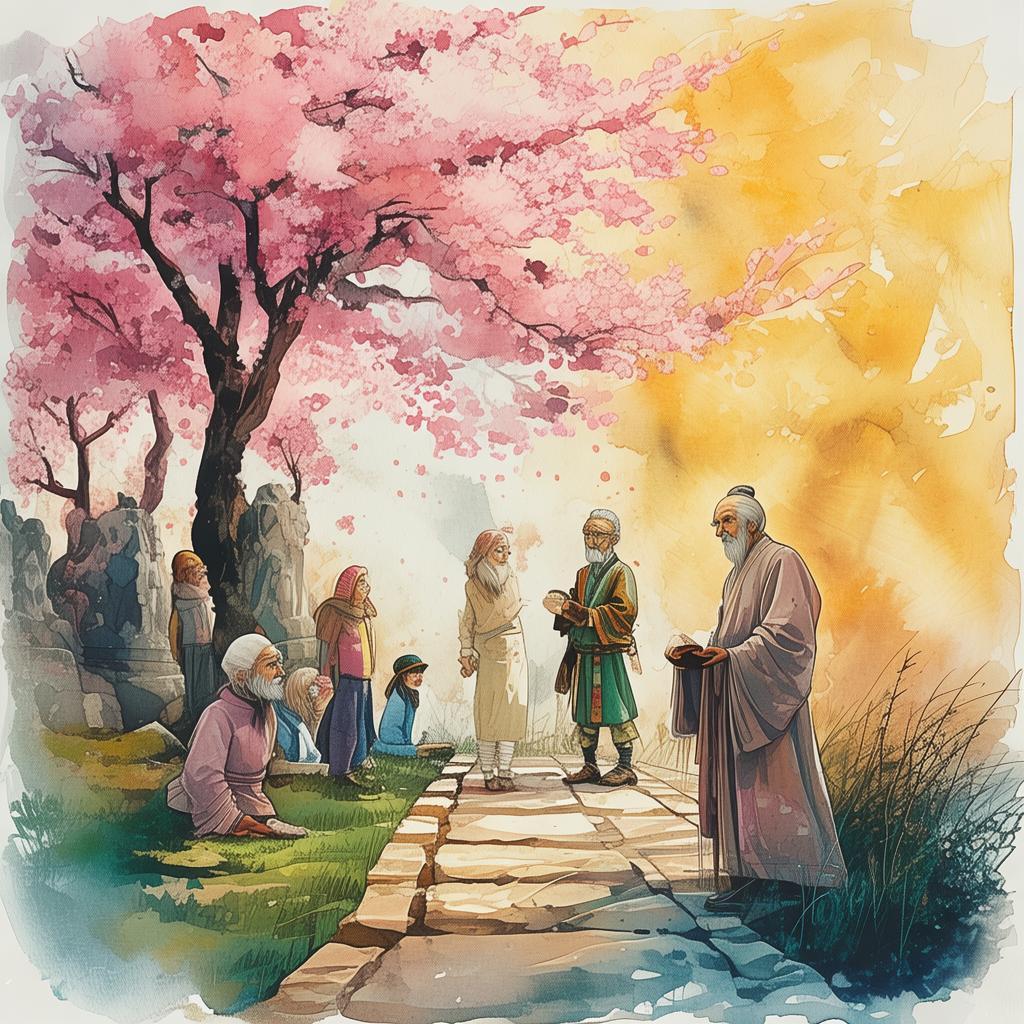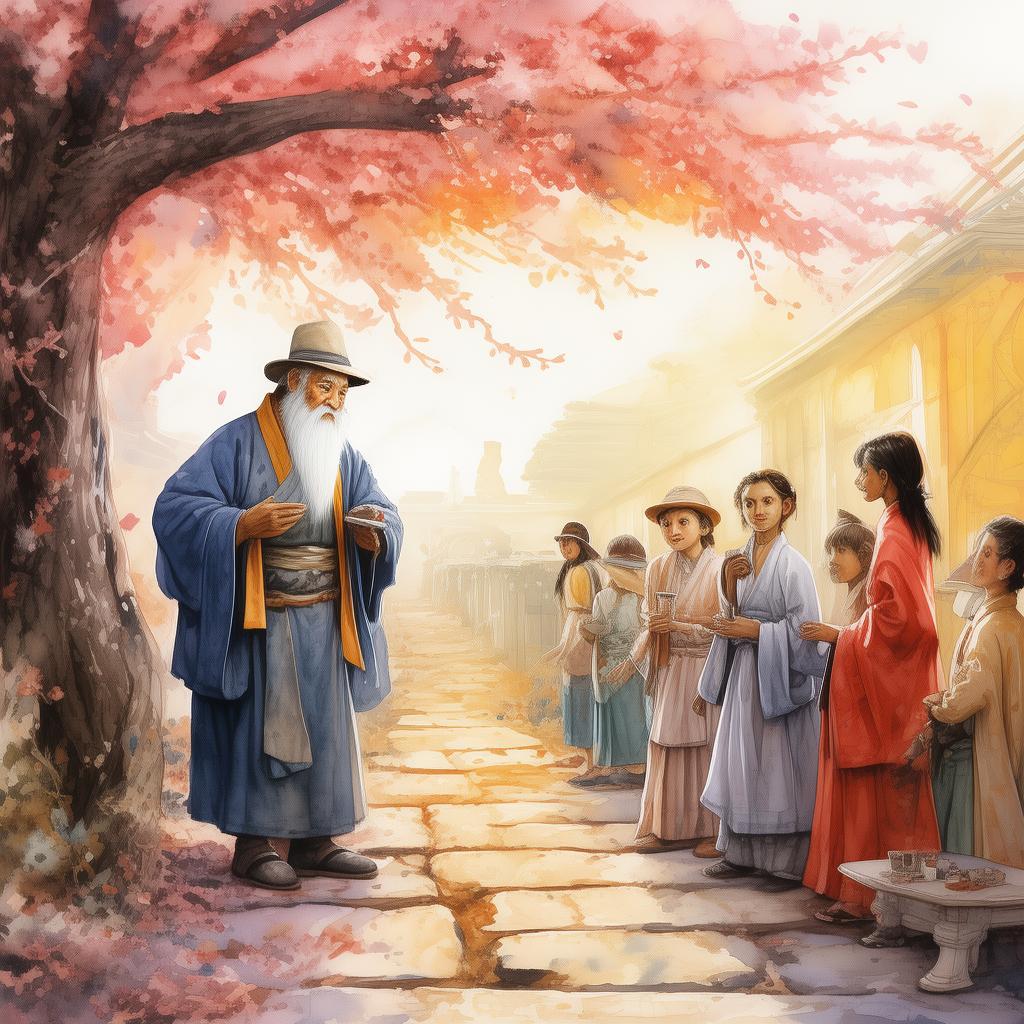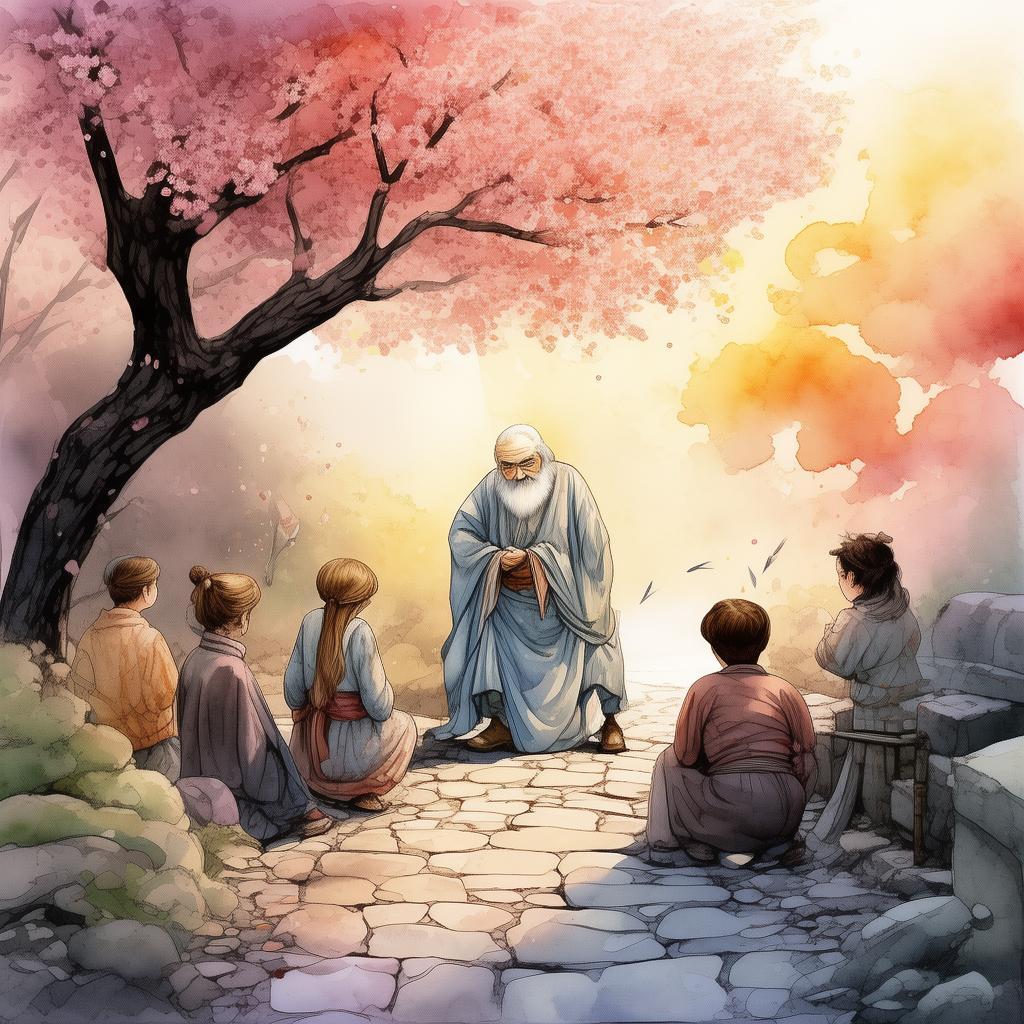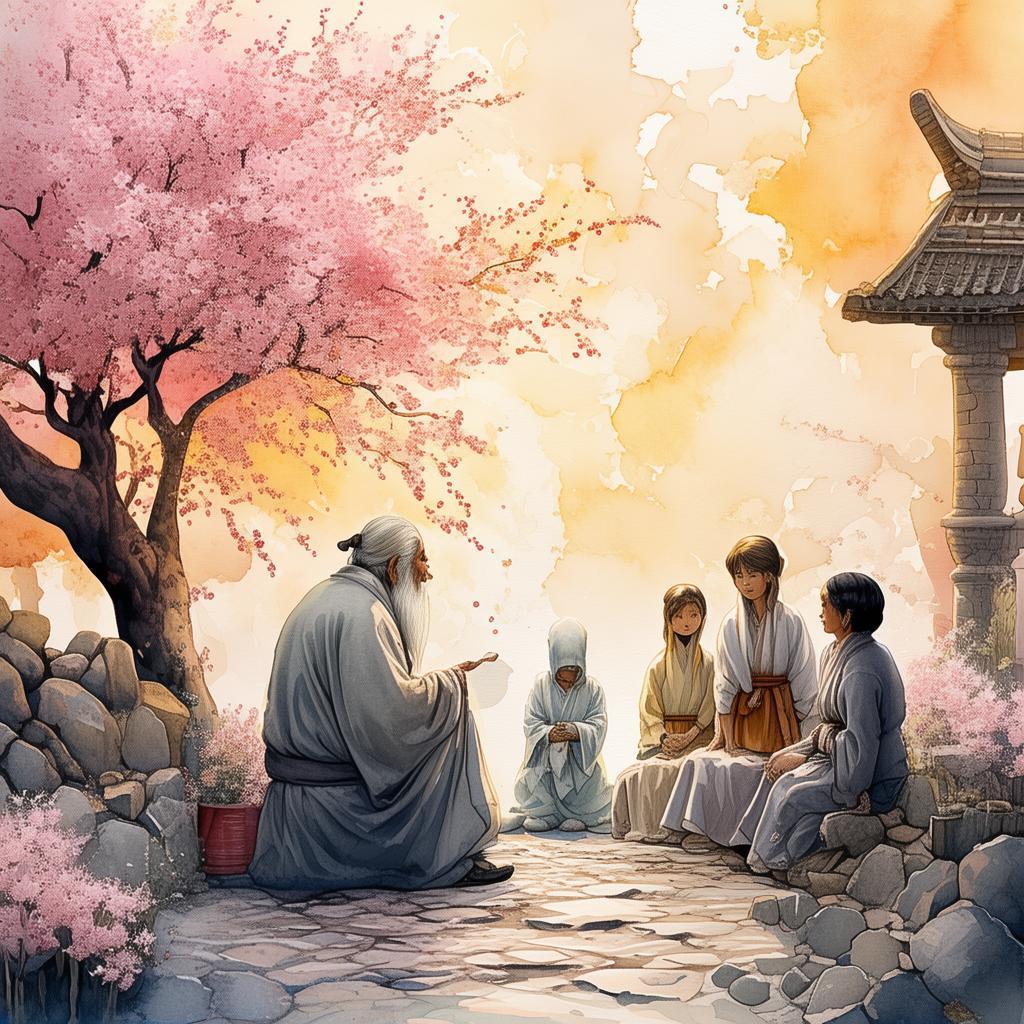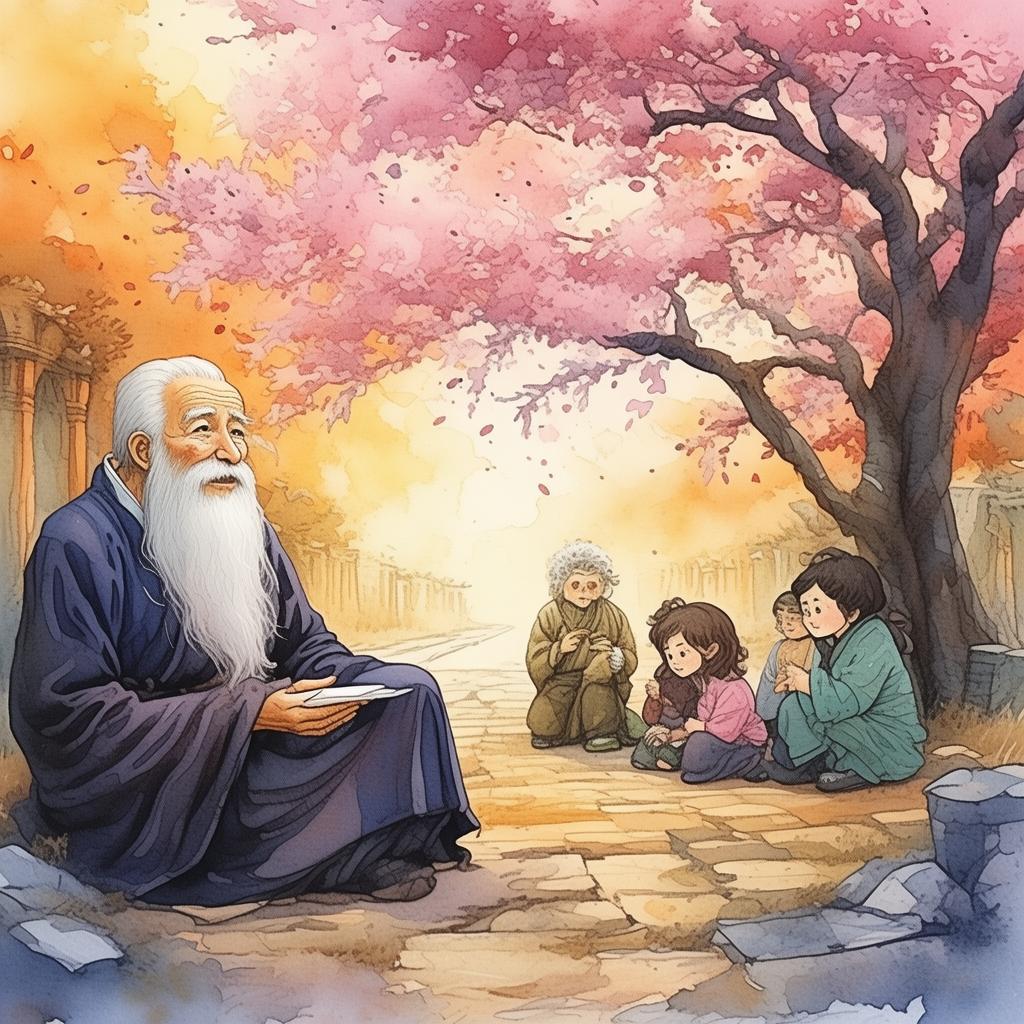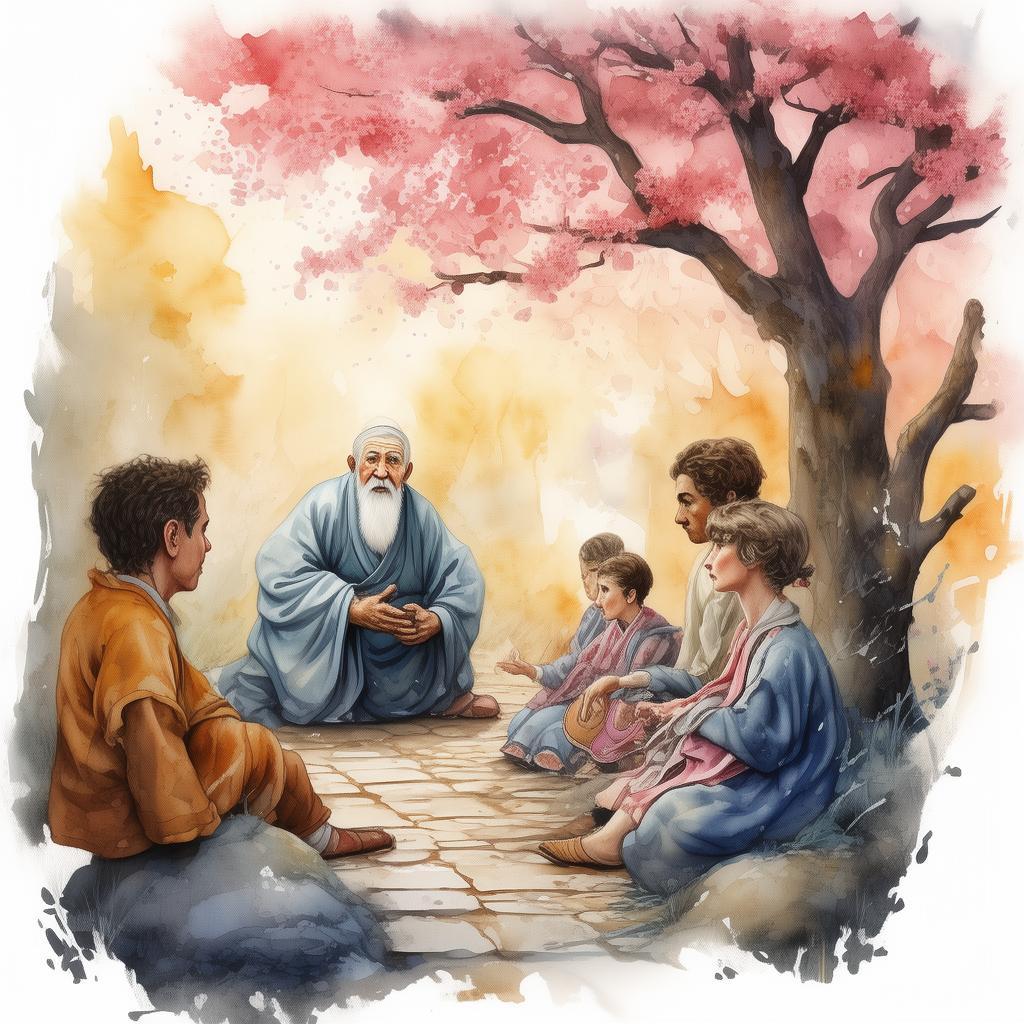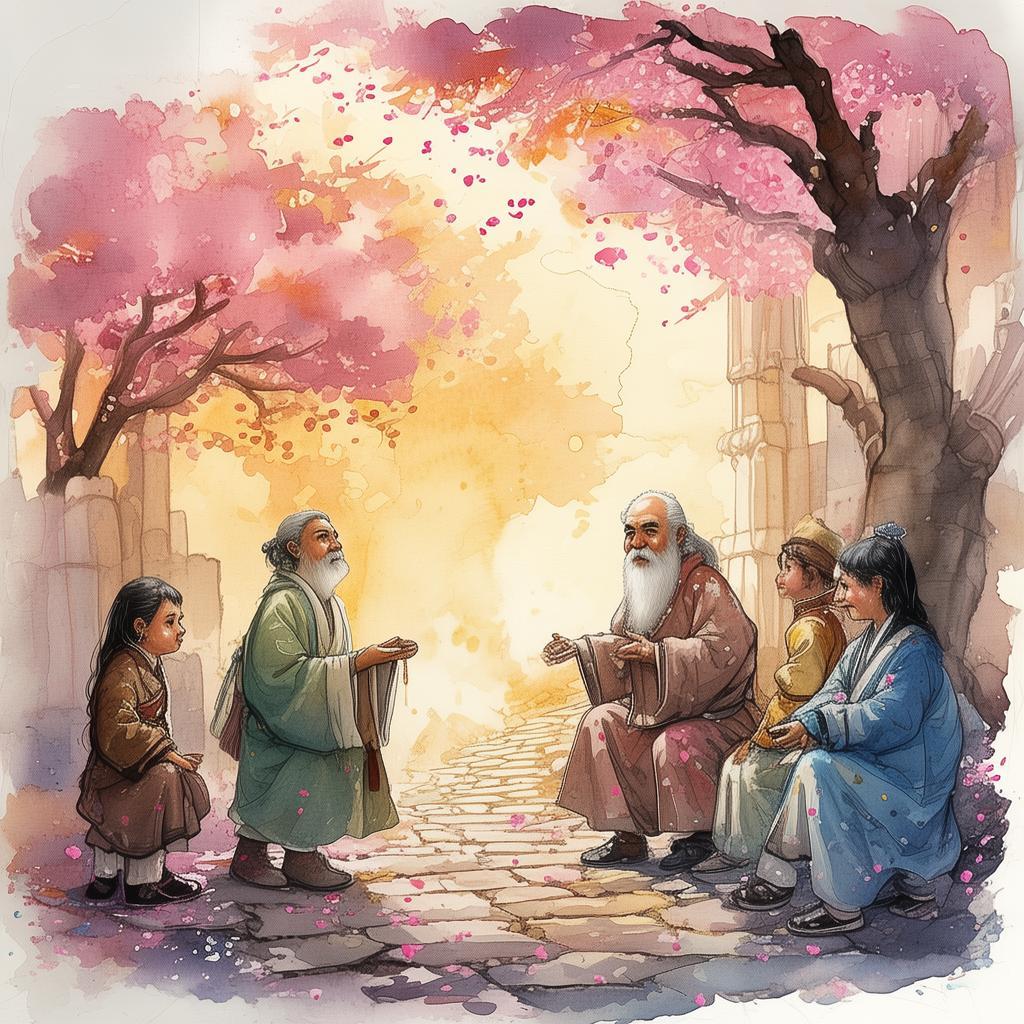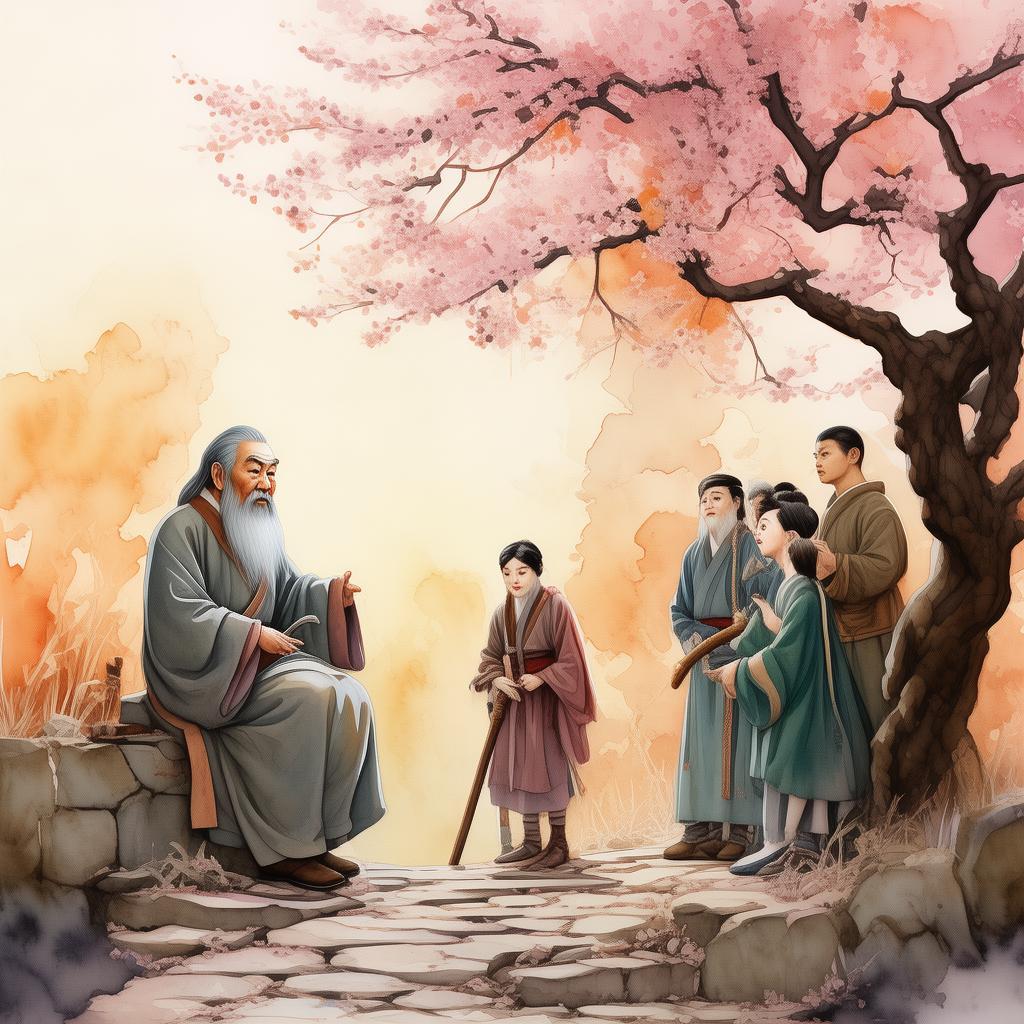The Dragon's Dilemma: The Interstellar Chess Game
The year was 2147, and Earth was on the brink of a new era. The stars above had long since been the domain of human exploration, but now, a new player had entered the cosmic chessboard: the Xylarans, an ancient alien civilization with a penchant for strategy and a mysterious past. The Xylarans had approached Earth with an offer that would change the course of human history: an interstellar chess match, the winner of which would determine the fate of both worlds.
In a bustling spaceport, young Li Wei, a brilliant but unassuming chess prodigy, was approached by the enigmatic Dr. Elena Vasquez. She was the representative of the Xylarans, and she had chosen Li to represent Earth in this historic game. Li, initially skeptical, soon found himself immersed in a world of intrigue and high stakes.
The game was set to be played on a board of infinite dimensions, with pieces that could move in any direction, and rules that were as complex as they were enigmatic. The Xylarans' move was to challenge Earth to a game that would test not just the players' chess skills, but also their ability to think outside the box and their willingness to face the unknown.
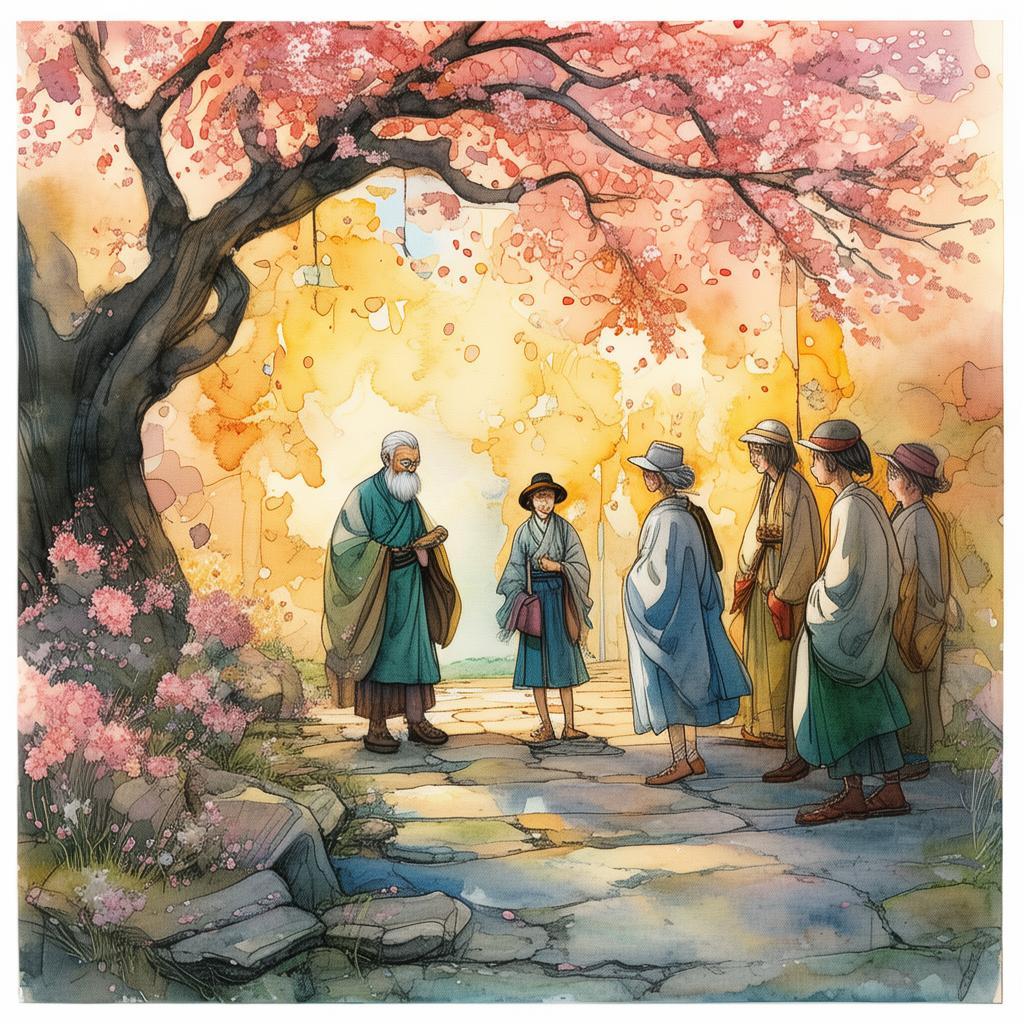
The opening moves were predictable, with both sides deploying their best pieces. Li, playing as Earth, made a bold move, placing his king in the center of the board, daring the Xylarans to take it. The Xylarans, represented by the ancient and wise strategist, Xyloth, responded with a move that seemed to defy logic, placing his own king in the exact same position.
Li's heart raced as he realized the gravity of the situation. The king was the most powerful piece on the board, but it was also the most vulnerable. Xyloth's move was a challenge, a question: Are you willing to sacrifice your most powerful piece for the greater good?
As the game progressed, Li found himself not just playing against Xyloth, but also against the ancient alien's riddles and cryptic messages. Each move was a step deeper into the Xylarans' world, a world where time and space were fluid, and the rules of the game were as complex as the cosmos itself.
Li's opponent was a master of psychological warfare. Xyloth's moves were calculated to push Li to the edge of his sanity, to make him question his own abilities and the very nature of the game. But Li, driven by a deep sense of duty and a desire to save his world, refused to back down.
One of the most memorable moments of the game came when Li was forced to make a decision that would change the course of the match. He had captured Xyloth's queen, but in doing so, he had left his king exposed. The move was risky, but it was the only way to ensure Earth's victory.
Xyloth's response was a masterclass in chess strategy. He sacrificed his own king, leaving Li's king in checkmate. But instead of ending the game, Xyloth proposed a new deal: a truce between Earth and the Xylarans, a partnership based on mutual respect and understanding.
Li, realizing the gravity of the situation and the potential for a new era of peace, accepted the deal. The game, which had seemed like a mere challenge, had become a symbol of the unity between two worlds, a testament to the power of diplomacy and the strength of the human spirit.
The Dragon's Dilemma: The Interstellar Chess Game was not just a game of chess; it was a story of courage, strategy, and the unyielding human will to find common ground. In the end, it was not the pieces that won the game, but the players themselves, their ability to think, to adapt, and to choose peace over conflict.
✨ Original Statement ✨
All articles published on this website (including but not limited to text, images, videos, and other content) are original or authorized for reposting and are protected by relevant laws. Without the explicit written permission of this website, no individual or organization may copy, modify, repost, or use the content for commercial purposes.
If you need to quote or cooperate, please contact this site for authorization. We reserve the right to pursue legal responsibility for any unauthorized use.
Hereby declared.
